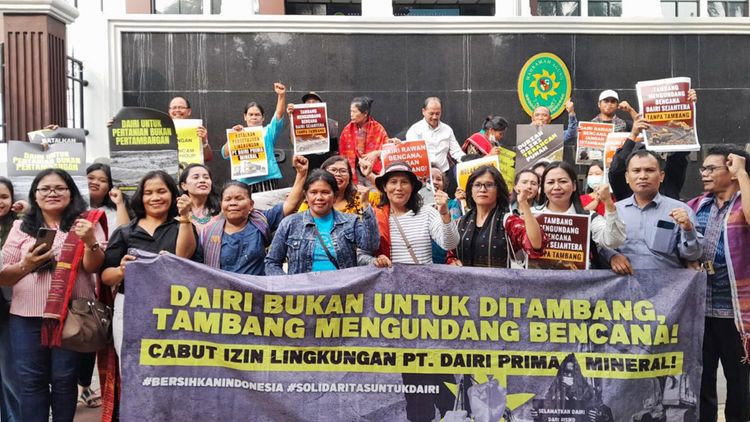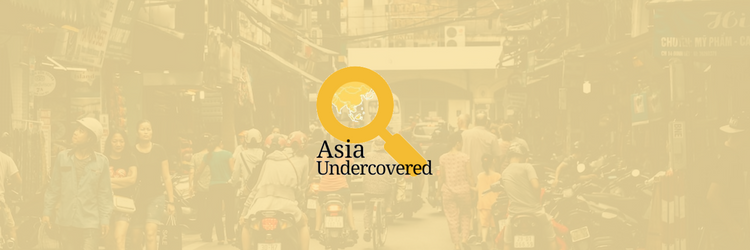Asia Undercovered #55
This week: stories from across the continent on trade, elections, air pollution, corruption, and more.
Undercovered this week
India’s chief of defense staff wants to put Kashmiri children in de-radicalization camps. If that sounds like what’s happening across the border in Xinjiang, that’s because, well, it is (The Wire).
Teak plantations, planted to produce high-value timber, are threatening the lands of the Kutia Kondh, a tribal community in Odisha, India. Excellent reporting on their fight for survival by Basudev Mahapatra in Mongabay.
The initial cover-up of the coronavirus crisis by Chinese authorities is reminiscent of when Typhoon Lekima hit Shandong province in 2019, writes Xioa Baiming for Bitter Winter.
It gets far less attention, but air pollution is a major killer across Asia. South Korea often suffers from transboundary pollution out of its direct control – but there is evidence that cooperation and better management is starting to have a beneficial impact for residents (Tae Yong Jung, Global Asia).
Another crisis that has fallen off the global radar is the Rohingya refugee crisis. Some are trying to build solidarity through art and poetry, even in Myanmar’s largest city, Yangon (Global Voices).
Under General Secretary Nguyen Phu Trong, Vietnam has been on a broad anti-corruption drive, with 10 new grand corruption cases announced last month. But as Trong nears the end of his term, will the drive continue? (Le Hong Hiep, East Asia Forum).
Indonesia is seeing growing protests around a proposed labor reform law that workers feel will reduce their rights and benefits. How President Jokowi responds could be his “Macron” moment, argues Jefferson Ng in New Mandala.
Car ownership is rising dramatically in Bhutan, impacting the environment and putting the country at the whim of foreign petroleum imports. Some hope that electric cars be a solution in the hydropower rich country (The Third Pole).
Elections
It was just a month ago, but Taiwan’s election has already faded from global attention. But now is the time to analyze the results, as Brian Hioe does for New Bloom, including thoughts on the future of the losing KMT.
In Thailand, the lead opposition Future Forward party has escaped dissolution. But many expert that this won’t be the last attempt, as another dissolution case is already being prepared (Prachatai).
Geopolitics
Japan was once considered a climate leader, even hosting the conference that created the Kyoto protocol. Lately, though, the country has been backsliding as it builds coal plants both domestically and overseas. Andrew DeWit explores Japan’s climate future through its 2030 agenda, and sees if there is hope for change and regional leadership (Asia Pacific Journal).
As we enter a new decade, Zhang Jingjing explores the future of one of the most influential projects of the 2010’s – the Belt and Road Initiative, which many hope can be reformed to be more fair and mutually beneficial (Panda Paw Dragon Claw)
The ongoing Coronavirus epidemic has led to the closure of Pakistan’s remote border with China. One victim – traders, who likely are facing huge losses as products get stuck on both sides of the remote mountain pass (The Third Pole).

Asia Undercovered: Journalist Nithin Coca's weekly roundup of the news, events, trends and people changing Asia, but not getting enough attention in the US media.





Member discussion